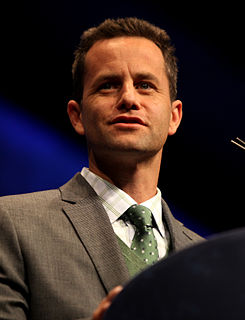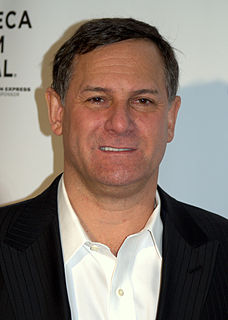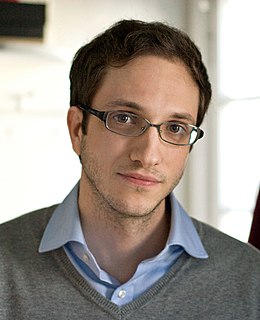A Quote by Dave Barry
Back then, the entire Internet consisted of two slow, boxcar-sized UNIVAC computers about 50 feet apart, connected by a wire. It would take one of these computers an entire day to send an email to the other one, which would immediately delete it, because it was a Viagra ad.
Related Quotes
At the age of 5, when I was in kindergarten, I often used to pass by the computer labs and see students doing work on computers. I realized that calculation, which would take us a long time to do, can be done in less than a second with the help of computers. So that is how my interest in computers began.
Everything is being run by computers. Everything is reliant on these computers working. We have become very reliant on Internet, on basic things like electricity, obviously, on computers working. And this really is something which creates completely new problems for us. We must have some way of continuing to work even if computers fail.
When I was 8 or 9, I started using bulletin board systems, which was the precursor to the Internet, where you'd dial into... a shared system and shared computers. I've had an email address since the late '80s, when I was 8 or 9 years old, and then I got on the Internet in '93 when it was first starting out.
As the world transitions to the Internet of Everything - where people, processes, and data are intelligently connected - we'll be linked in even more ways. Here, billions and trillions of sensors around the earth and in its atmosphere will send information back to machines, computers, and people for further evaluation and decision-making.
With genetic engineering, we will be able to increase the complexity of our DNA, and improve the human race. But it will be a slow process, because one will have to wait about 18 years to see the effect of changes to the genetic code. By contrast, computers double their speed and memories every 18 months. There is a real danger that computers will develop intelligence and take over. We urgently need to develop direct connections to the brain so that computers can add to human intelligence rather than be in opposition.
Science fiction does not attempt to predict. It extrapolates. It just says, "What if?" not what will be? Because you can never predict what will happen, particularly in politics and economics. You can to some extent predict in the technological sphere - flying, space travel, but even there we missed badly on some things, like computers. No one imagined the incredible impact of computers, even though robot brains of various kinds but the idea that one day every house would have a computer in every room and that one day we'd have computers built into our clothing, nobody ever thought of that.
In our age of individualism, we see computers as ways through which we can express our individuality. But the truth is that the computers are really good at spotting the very opposite. The computers can see how similar we are, and they then have the ability to agglomerate us together into groups that have the same behaviours.

































